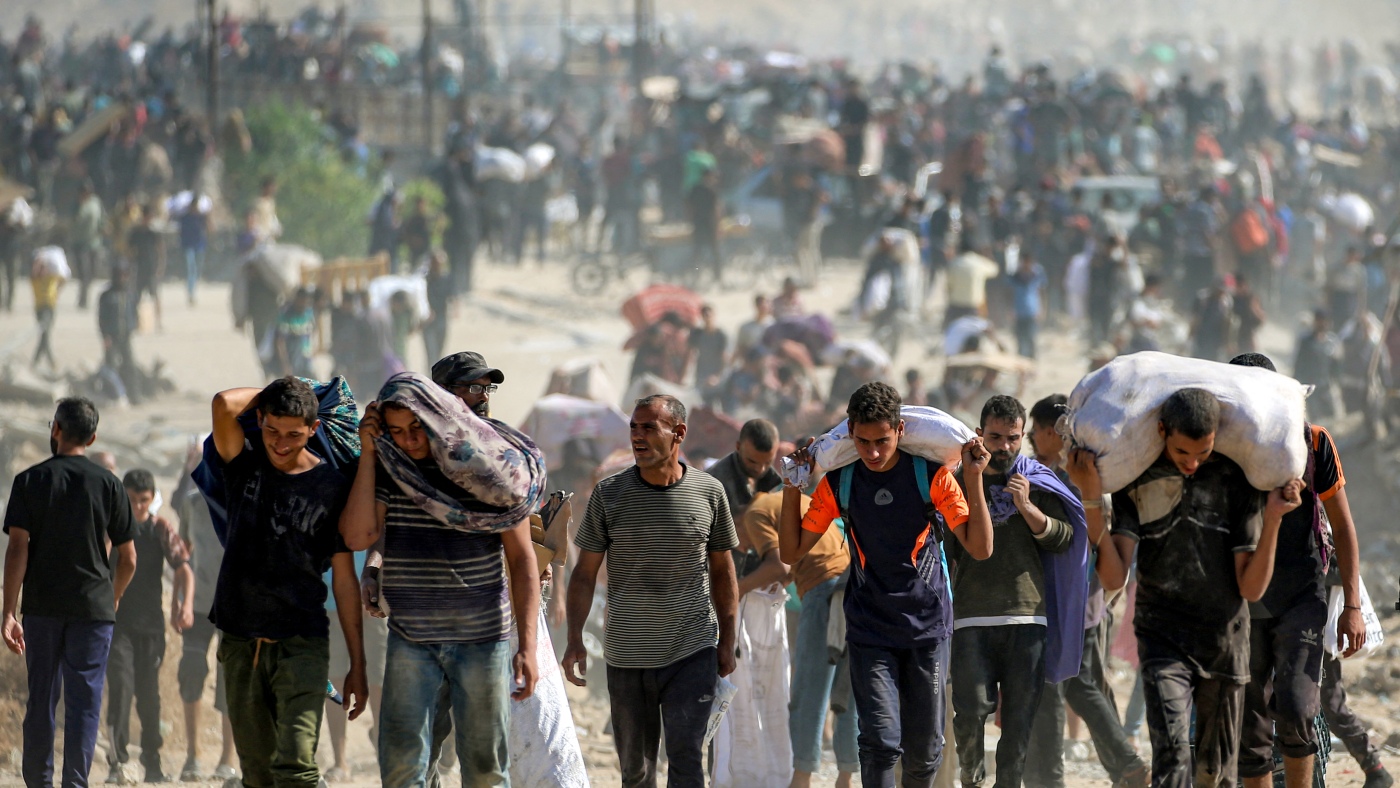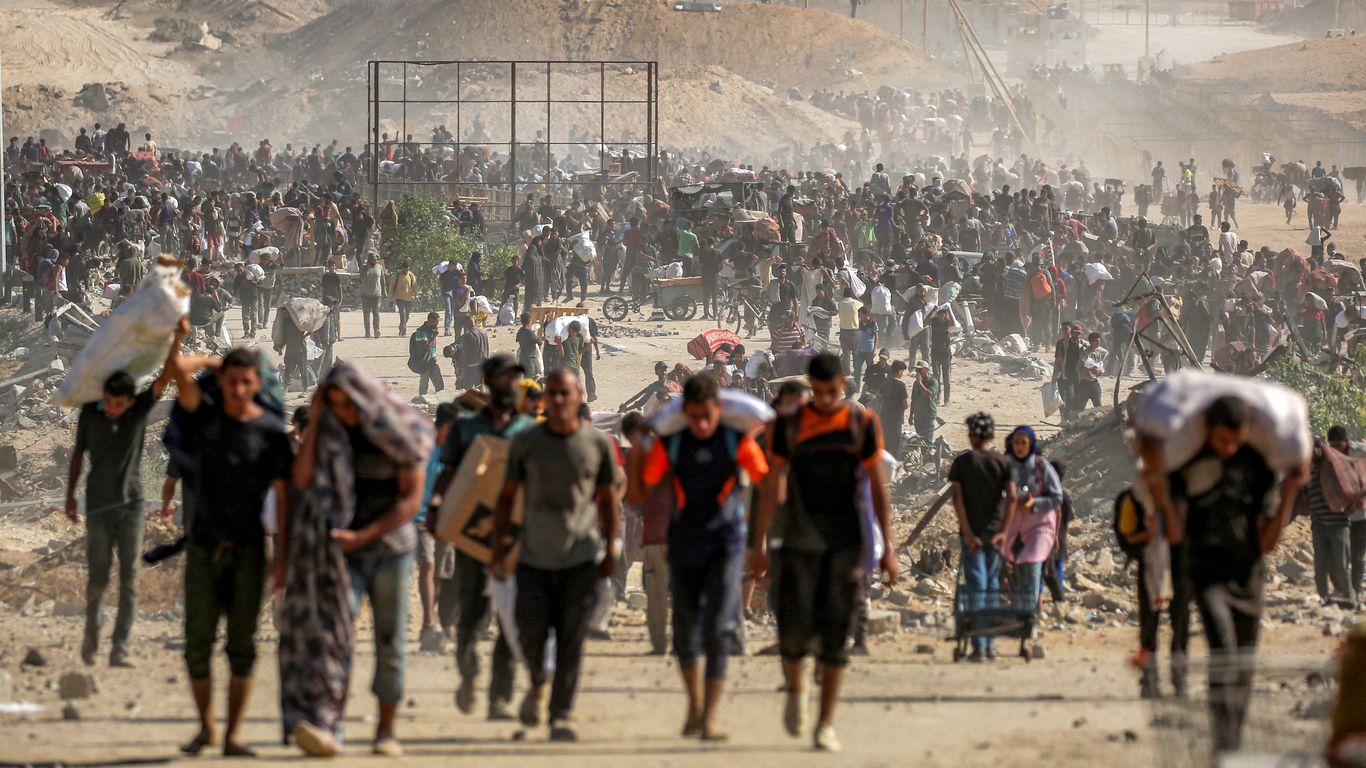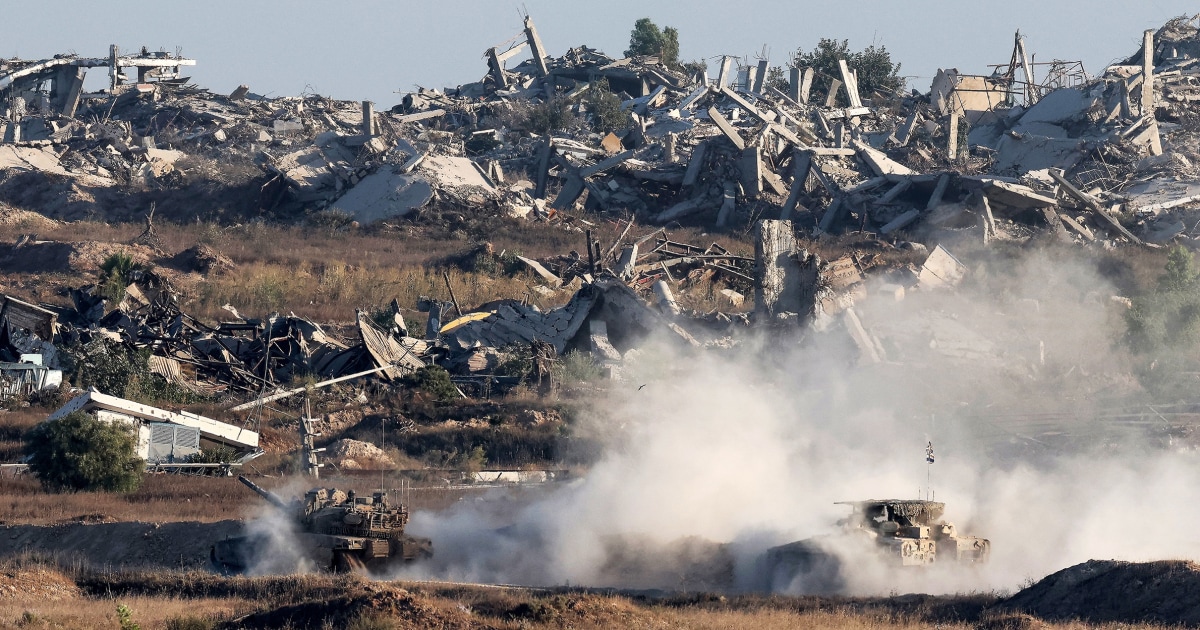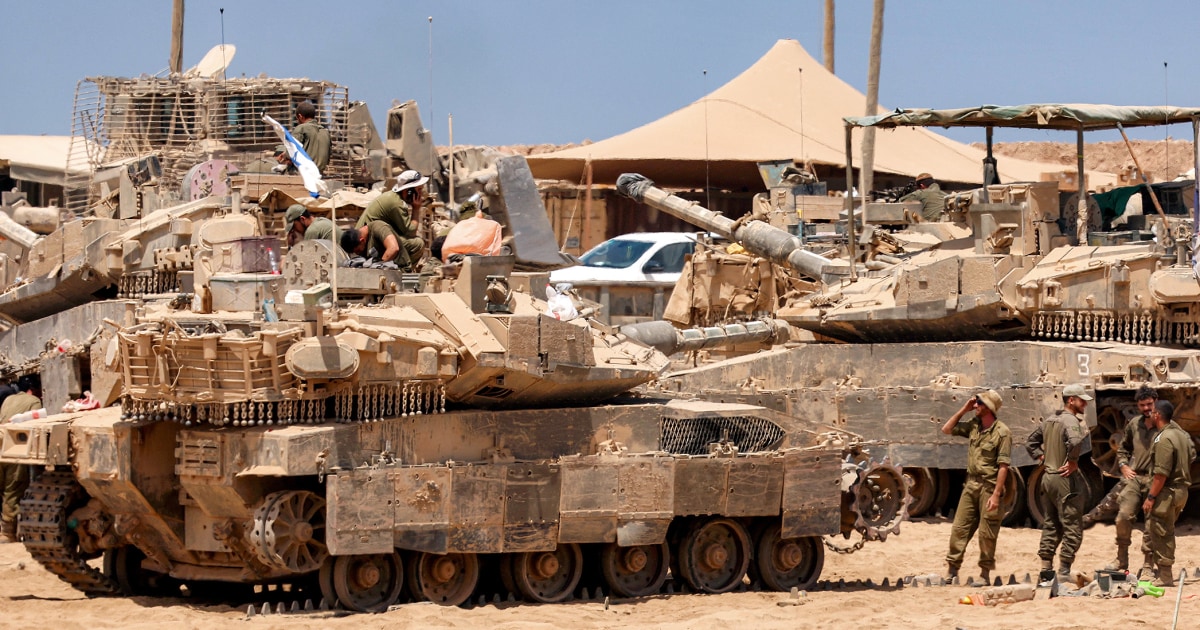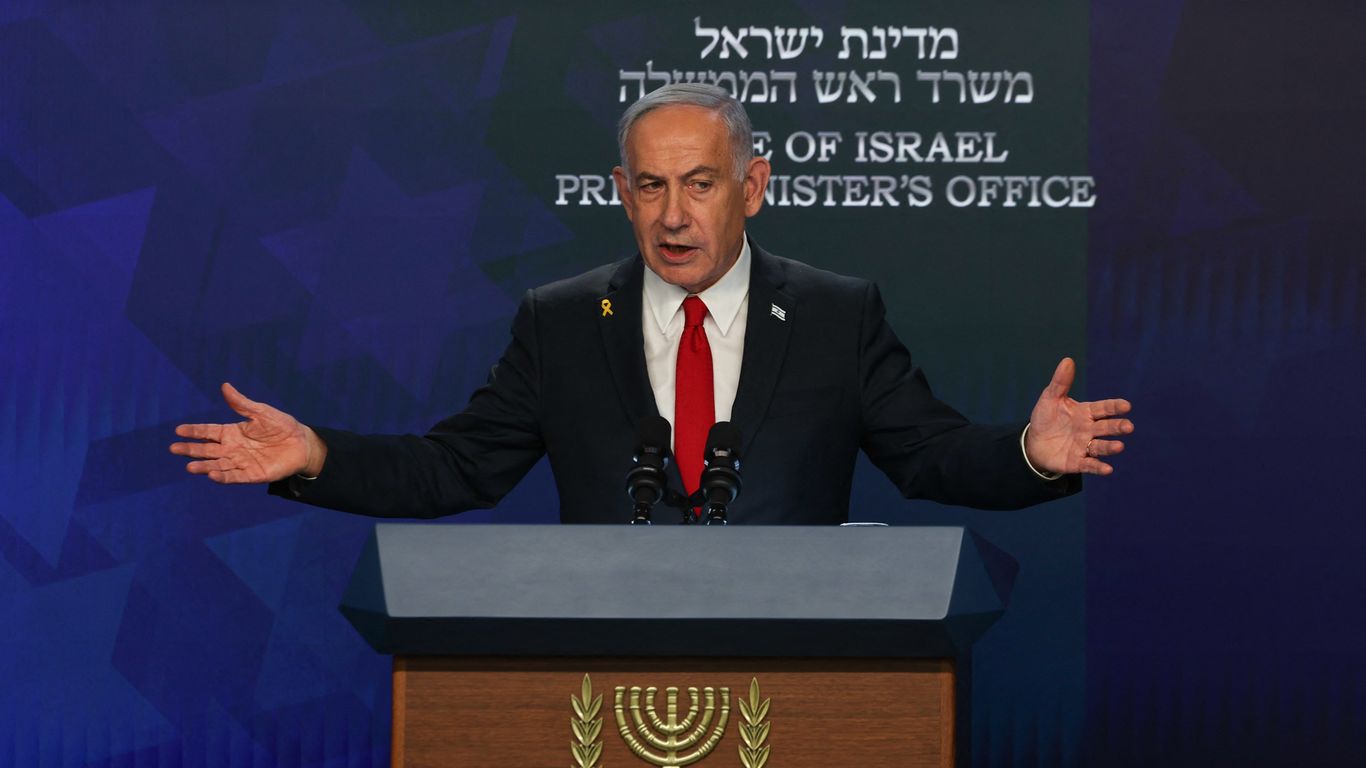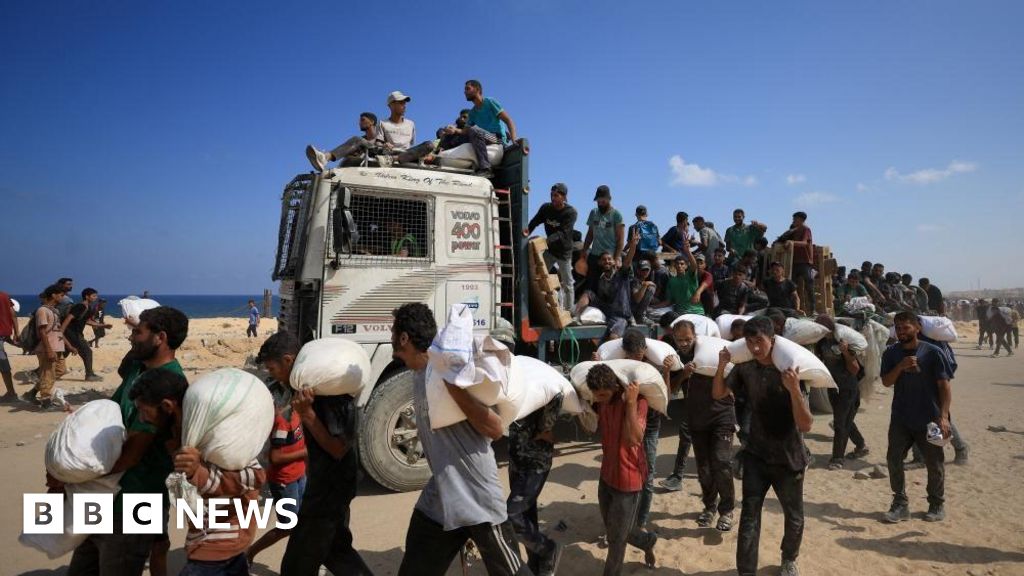Two Years On: Grief, Division, and a War Without End in Israel and Gaza
Two Years On: Grief, Division, and a War Without End
As Israel marks two years since the devastating Hamas attack of October 7, 2023, the nation remains deeply divided. Memorials for the 1,200 lives lost are shadowed by ongoing anguish for the hostages still held in Gaza, their fate uncertain as indirect negotiations between Israel and Hamas continue, mediated by Egypt[1][3]. The initial assault, which saw gunmen rampage through southern Israeli communities, shocked the world and triggered a relentless military response that has reshaped the region[1][3]. Families of the victims and the missing gather in sorrow, while public debate rages over the government’s handling of the crisis and the mounting humanitarian toll in Gaza, where tens of thousands have died and most survivors face displacement and dire shortages[5].
A Region Transformed by Unrelenting Conflict
The war has not only deepened internal Israeli divisions but also strained regional stability. Israeli forces continue their campaign to dismantle Hamas, even as international outcry grows over the blockade on aid and the collapse of Gaza’s medical infrastructure[5]. Meanwhile, violence has flared in the West Bank, and tensions with Hezbollah in Lebanon persist, raising fears of a wider conflict[3]. The human cost is staggering: over 66,000 Palestinians killed, according to recent estimates, and a generation traumatized by loss and displacement[5]. As the conflict grinds on, the hope for lasting peace feels more distant than ever, with both sides entrenched and a resolution nowhere in sight.
About the Organizations Mentioned
Hamas
**Hamas** is a Sunni Islamist Palestinian nationalist organization that functions both as a political party and a militant group, primarily operating in the Gaza Strip, which it has governed since 2007. Founded in 1987 by Ahmed Yassin amid the First Intifada, Hamas emerged from the Muslim Brotherhood and initially had covert Israeli support as a counterweight to the secular Palestinian Liberation Organization (PLO)[3][1]. It combines political governance with an armed wing, the al-Qassam Brigades, committed to armed resistance against Israel, which it refuses to recognize as a legitimate state[1][3]. Hamas’s political rise culminated in a 2006 electoral victory in the Palestinian Legislative Council, campaigning on anti-corruption and resistance platforms. After violently seizing Gaza from the rival Fatah faction in 2007, Hamas has maintained de facto control there despite international isolation and blockades imposed by Israel and Egypt[3]. Its governance has been marked by repeated conflicts with Israel, including major wars in 2008–09, 2012, 2014, 2021, and the ongoing intense conflict triggered by Hamas’s surprise October 2023 attack killing nearly 1,200 Israelis and taking hostages[1][2][3]. Hamas benefits from regional support, especially from Iran, which supplies funding and weapons, as well as financial and political backing from Turkey and Qatar. These alliances form part of a broader "axis of resistance" against Israel, which includes groups like Hezbollah and Palestinian Islamic Jihad[2]. Hamas also operates fundraising networks globally, sometimes using charities as fronts to support its military activities[4]. The group is designated a terrorist organization by many countries, including the United States, which has increased military aid to Israel following recent escalations[2][6]. Despite modifying its 1988 charter in 2017 to soften some language, Hamas continues to reject Israel’s legitimacy and pursues all forms of resistance[1]. Its enduring political
Egypt
Egypt is a transcontinental country bridging Africa and Asia, with a mixed developing economy that ranks as the **second-largest in Africa** and 44th worldwide as of 2025[1]. It is a major emerging market and an active member of the African Union, BRICS, and the African Continental Free Trade Area (AfCFTA)[1]. Egypt’s economy combines private enterprise with centralized planning and government regulation, undergoing significant reforms since the 2000s to promote market orientation, fiscal discipline, and foreign investment[1]. Key reforms include fiscal and monetary policy adjustments, privatization, and business-friendly legislation, all supporting Egypt’s macroeconomic growth and addressing high unemployment and poverty rates[1]. Notably, in 2024, Egypt floated its currency, resulting in a 38% depreciation of the Egyptian pound, which, alongside over $50 billion in international financing from partners like the IMF and World Bank, helped stabilize the economy and improve its credit outlook[1][2]. Egypt’s strategic geographic location as a gateway to Africa, Asia, and Europe, coupled with its large domestic market and diverse sectors such as agriculture, manufacturing, and services, presents significant investment potential[2]. Its trade performance is strengthening, with higher export volumes and reduced import pressures in early 2025, supported by government initiatives like export subsidies and trade facilitation reforms[4]. The Central Bank’s adoption of a flexible, market-driven foreign exchange regime has improved currency stability and export competitiveness[4]. Despite challenges from global shocks like the Ukraine conflict and regional instability, Egypt’s economy is resilient and forecasted to grow from 2.4% in 2024 to 4.6% by 2027, driven by private consumption and investment growth[2][4]. The government also supports small and medium-sized enterprises (SMEs) through recent tax breaks and simplified tax collection to boost private sector dynamism[6]. Egypt ranks 86th in the 2025 Global Innovation Inde
Hezbollah
**Hezbollah** is a Lebanese Shia Islamist political party and paramilitary organization founded in 1982 during the Israeli invasion of Lebanon. It emerged under the influence of Iran’s 1979 Islamic Revolution and has maintained close ties with Iran, which provides significant military and financial support. Hezbollah operates a dual structure: a political wing known as the Loyalty to the Resistance Bloc in Lebanon’s Parliament, and a powerful paramilitary wing called the Jihad Council, with an armed force comparable to a medium-sized army[1][2]. Historically, Hezbollah’s key mission has been resisting Israeli presence and influence in Lebanon and the broader Middle East. It fought Israeli forces and their local proxies during the 1980s and 1990s, contributing to Israel’s 2000 withdrawal from southern Lebanon. The group gained further prominence in the 2006 Lebanon War, where it effectively challenged the Israeli military, and it later became actively involved in the Syrian civil war, supporting the Assad regime[1][4]. Hezbollah also supports Palestinian militant factions and aligns closely with Iranian regional goals[4]. Hezbollah is designated as a terrorist organization by the United States and over 60 countries and international bodies, reflecting its involvement in attacks beyond Lebanon, including against U.S. and Israeli interests worldwide. It possesses advanced military capabilities such as precision-guided missiles, air defense systems, and unmanned aircraft, although its capabilities suffered degradation in conflicts from 2023 to 2024[3]. The group’s charismatic longtime leader, Hassan Nasrallah, was killed by Israel in 2024, delivering a significant blow to Hezbollah’s leadership[2][3]. Currently, Hezbollah remains a dominant political force in Lebanon with extensive social services but prioritizes its “resistance” military identity. Despite suffering setbacks in recent conflicts, it continues to receive Iranian backing and plays a strategic role as a regional proxy, balancing local Lebanese politics with broader geopolitical ambitions[5][6]. Its complex role as both a political actor and
